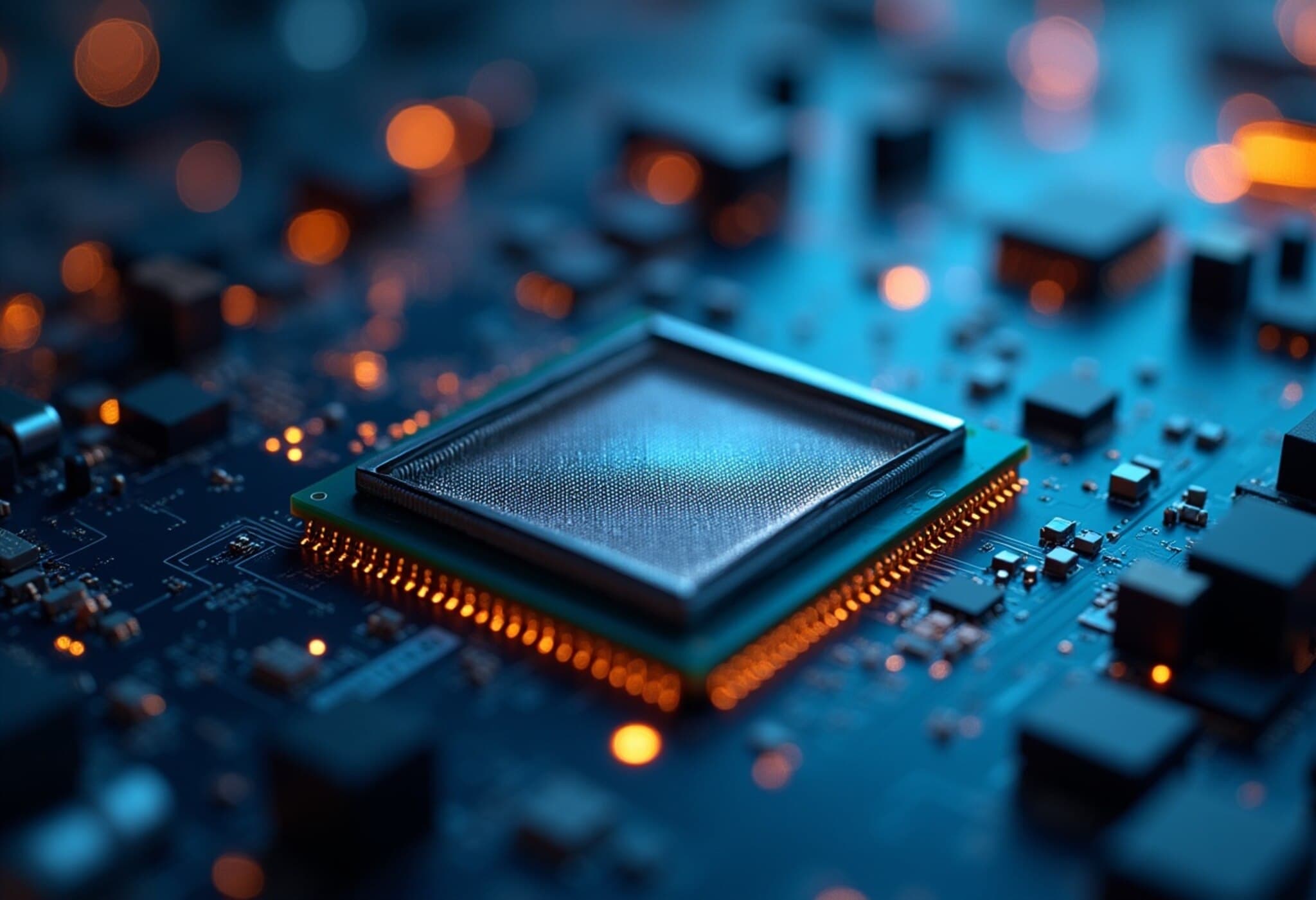California Researcher Admits Guilt in Stealing Sensitive Missile Detection Technology
In a significant case underscoring concerns about technology theft linked to national security, a Chinese-born researcher residing in California pleaded guilty to stealing critical trade secrets related to space-based missile detection technology. The admission came before a federal court in Central California where the accused faces serious legal consequences.
Who is Chenguang Gong?
Chenguang Gong, 59, a naturalized U.S. citizen since 2011 and resident of San Jose, California, was employed briefly in 2023 as an engineer at an unnamed research and development firm in the Los Angeles area. According to official statements from the U.S. Department of Justice, Gong unlawfully transferred more than 3,600 files containing proprietary information to his personal storage devices.
The Nature of the Stolen Technology
The stolen documents included intricate blueprints for advanced infrared sensors that play a pivotal role in national defense by enabling space-based platforms to detect nuclear missile launches and track ballistic as well as hypersonic missile threats. Furthermore, Gong unlawfully obtained technical designs for sensors installed on U.S. military aircraft, which detect heat-seeking missiles and deploy countermeasures—such as jamming infrared tracking capabilities—to protect assets in combat scenarios.
Beyond the infrared sensors, the purloined materials detailed mechanical assemblies housing cryogenically cooled sensors, a key innovation that boosts the sensitivity and survivability of these sensors in harsh space environments. These elements are among the most valuable trade secrets of the victim company, representing investments of hundreds of millions of dollars.
Connection to Chinese Talent Programs
Federal prosecutors revealed that between 2014 and 2022, Gong applied to multiple Chinese government-funded "Talent Programs." These initiatives seek to recruit individuals with specialized expertise in advanced science and technology fields to strengthen China’s economic and military capabilities. The Justice Department views such recruitment as a strategic approach by China to acquire sensitive technologies through intellectual theft.
Legal Proceedings and Potential Implications
Gong has pled guilty to one count of theft of trade secrets—a serious offense that carries a maximum sentence of up to 10 years in prison. His sentencing hearing is scheduled for September 29, 2025. The case spotlights ongoing challenges the United States faces in protecting its technological edge amid global competition.
Expert Insights and Broader Context
According to cybersecurity and defense analysts, this incident underscores the vulnerability of cutting-edge research facilities to insider threats. Trade secret theft involving missile detection technologies not only jeopardizes U.S. military superiority but could also upset global strategic balances, especially considering the growing speed and stealth of modern ballistic and hypersonic missiles.
This case also raises critical questions about how companies vet employees with access to sensitive information, and the effectiveness of current safeguards against espionage. The fact that Gong was a naturalized citizen complicates the narrative, reminding policymakers to carefully balance national security measures with civil liberties.
Why This Matters to America
- National Security Risk: Stolen infrared sensor technology could enable adversaries to better detect and evade U.S. missile defenses.
- Economic Impact: Loss of proprietary military technology represents a huge economic setback for American R&D firms.
- Policy Implications: Highlights the importance of reinforcing insider threat programs and cross-sector collaboration.
- International Relations: Adds tension to U.S.-China relations amid ongoing strategic competition.
Looking Ahead
This case may influence policymakers to rethink national security protocols around technology transfer and talent recruitment. It also signals the need for vigilant, evolving strategies to combat espionage in an era when cyber and human intelligence threats increasingly intersect.
Editor’s Note
Gong’s guilty plea serves as a stark reminder of the complex challenges the U.S. faces protecting its most sensitive technological innovations. While the immediate legal process moves forward, the broader implications for U.S. defense capabilities and international competitiveness linger. As the global geopolitical landscape shifts, safeguarding intellectual property remains a frontline issue not only in law enforcement but in national security strategy.



















